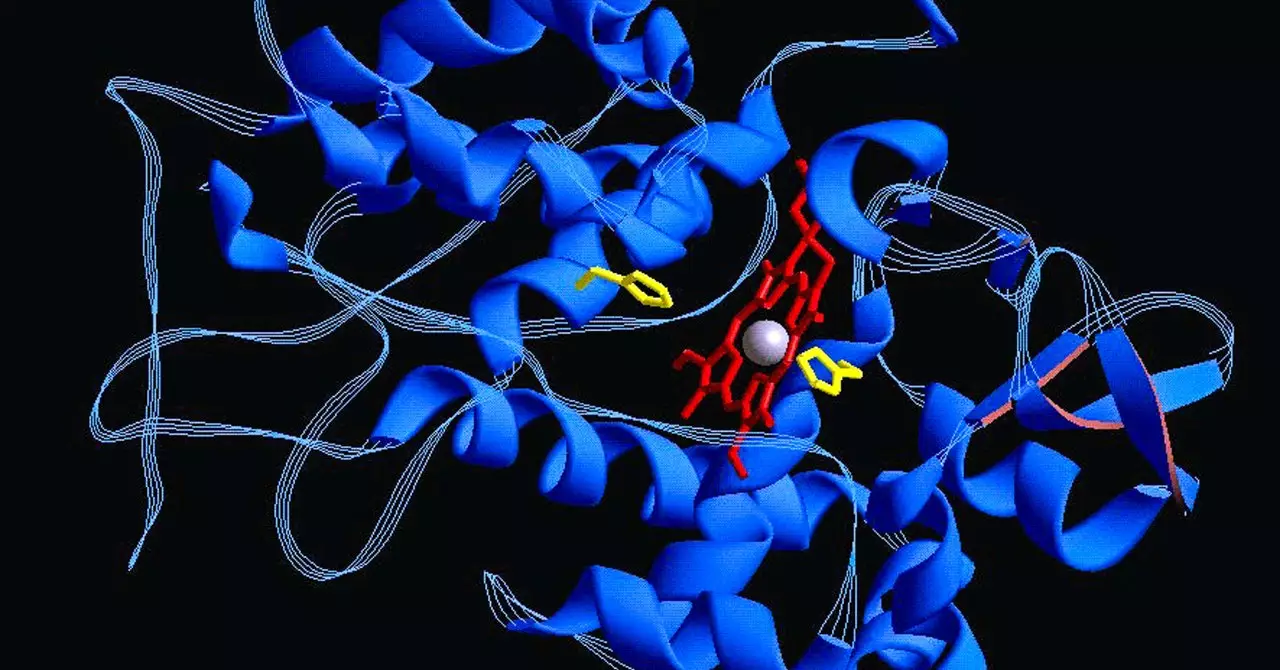The recent recognition of AI researchers with prestigious awards, including the Nobel Prize, has sparked a conversation about the importance of maintaining a balance between innovative methods and the underlying scientific principles that drive genuine progress. The excitement surrounding the award can inadvertently prioritize techniques over science, according to expert insights. With the potential for AI tools to be misrepresented as interchangeable, there is an underlying risk that the academic community might shift its focus toward mere adoption of trending technologies rather than fostering a depth of understanding that is necessary for scientific innovation.
Hodgkinson’s concerns highlight a common pitfall in the scientific community. The history of technology hype cycles illustrates this tendency well, echoing past phenomena such as blockchain and graphene. The spike in publication rates associated with exciting discoveries may reflect a fleeting interest rather than substantial advancements in practical applications. As seen with graphene, which generated an explosion of academic literature after the material’s Nobel accolade, an influx of publications does not guarantee meaningful impacts in the real world. The future of AI research may be threatened if more scientists chase accolades than engage in rigorous, quality research.
The field of AI has experienced explosive growth, with a staggering increase in scholarly output over the past decade. Data from Stanford University highlights this surge, reporting a threefold increase in AI research publications between 2010 and 2022. This rise culminated in nearly 250,000 AI-related papers being published in 2022 alone—an astonishing number that raises questions of sustainability and quality. The launch of platforms like ChatGPT has further accelerated this growth, reviving discussions around the ethical ramifications and foundational knowledge required in AI studies.
Academics, driven by career pressures, typically seek routes that yield the most efficient returns. This reality positions them in a paradox: they are urged to pioneer genuine breakthroughs while simultaneously navigating a system incentivized to pursue trending topics. Julian Togelius, an academic in the field, emphasizes that, given the competitiveness and funding scarcity inherent in academia, the allure of awards like the Nobel Prize may inadvertently redirect researchers away from deeper, patience-required explorations into novel theories. Instead, they may turn to simulations that merely build upon existing knowledge, stifling the creation of groundbreaking ideas.
The result of this concentrated interest in “easier” avenues of exploration can be detrimental. When computer scientists deploy algorithms in domains outside their expertise without a foundational understanding of the field, they risk propagating shallow advancements—mere refinements that often lack comprehensive insight. As Togelius reflects on his own considerations to “advance” other scientific fields using AI, it serves as a cautionary tale; the more accessible a method appears, the greater the chance it will be implemented without the requisite depth.
Engaging in meaningful research in challenging domains—like physics, biology, or geology—requires a level of committed thought that is often underestimated in a fast-paced academic environment. The urge for instant recognition can overshadow the complexities involved in developing a profound understanding of how fundamental elements operate. Moving forward, it is crucial for the scientific community to evaluate its motivations critically and resist the temptation for quick, superficial findings in favor of thoughtful, integrative inquiry.
Emerging research fields are not solely characterized by their innovations but also by the vigor with which they are scrutinized and developed. The responsibilities of researchers extend beyond merely following trends—they must strive for quality and rigor that break new ground. Emphasizing foundational theories and principles, even in an era of rapid technological advancement, is essential for ensuring that the heralded benefits of AI evolve into tangible, long-term progress rather than ephemeral flashes of insight.
Ultimately, the promise of AI is vast. However, it is incumbent upon the scientific community, buoyed by the recognition from institutions like the Nobel Prize committee, to refocus its efforts. By prioritizing substance over superficiality, researchers can truly harness the potential of their innovations, sculpting a future that is not merely driven by recognition, but also by profound understanding and significant contributions to humanity.


Leave a Reply